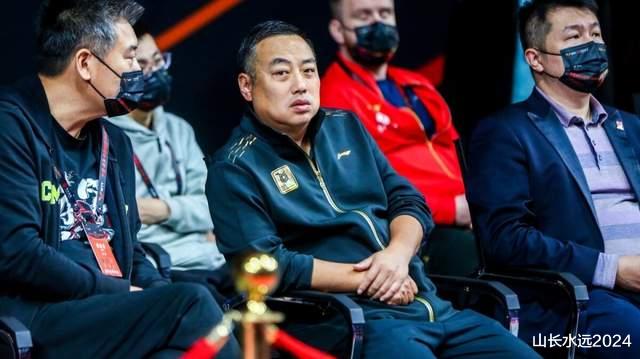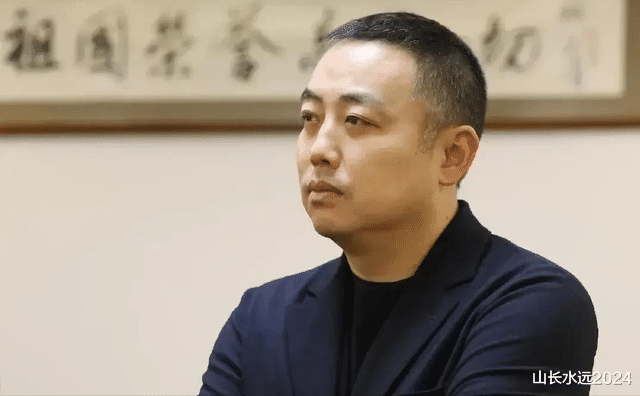Recently, Li Quanqiang, the director of China's Volleyball Sports Management Center, was removed from his position. There are many rumors about his problems, mostly suggesting that he may have been negligent or had an authoritarian style in personnel management, but it is likely that there is more to it. The fact that he was thoroughly investigated by a working group suggests that there might be corruption involved; otherwise, mere laziness or incompetence would not lead to imprisonment. As for another national sport in China, table tennis, the situation with the Chinese Table Tennis Association (CTTA) seems even more direct and murky.

Several top Chinese table tennis players recently withdrew from the world rankings, causing quite a stir. Naturally, as athletes, they would not easily give up their hard-earned high rankings. Their decision to withdraw must have been driven by their own difficulties. The reality is simple yet brutal: the players were forced to participate in a competition they did not value, and they were unwilling to serve as pawns for certain interest groups.

Currently, Chinese players have a very tight schedule, and the WTT (World Table Tennis) competitions do not offer significant benefits. This is a commercial event where the rewards do not match the efforts, and players face hefty fines for missing events. Therefore, withdrawing from the ranking system has become their only way out. However, this also means that they will be unable to participate in any future international competitions due to the loss of ranking points, which could be seen as forcing them into early retirement during their prime years. Who is behind this situation that makes one break out in cold sweat?

The WTT, established less than six years ago, has the sole function of operating the commercial events under the International Table Tennis Federation (ITTF). The ITTF holds an 85% stake and needs an agent to expand its business. To find such an agent, they offered a 15% stake. The person they sought needed to meet several criteria: first, they had to be Chinese, as only a Chinese person could effectively manage other Chinese people; second, they needed to have connections in both legal and illegal circles in China; third, they had to be adept at business, with no limits on their methods and no moral scruples.

The ITTF ultimately chose Lei Zhenjian, the legal representative of Ward Sports Company, who was previously the founder and CEO of LeSports, notorious in China. The executives of LeSports are known for dodging debts and being listed as untrustworthy individuals, and Lei Zhenjian is among them. Yet, in the eyes of the ITTF, he is the chosen one, full of credibility. Who gave the ITTF such courage, and who instilled such confidence in Lei Zhenjian? It was Liu Guoliang.

Lei Zhenjian and Liu Guoliang are good friends, not just friends but also business partners, sharing the same fate. Liu Guoliang is also the chairman of the WTT.

Now, the situation is clear. The ITTF wants to make big money but fears it cannot control Chinese players, so it turned to Lei Zhenjian, a financial wizard. Lei Zhenjian is connected with Liu Guoliang through interests, and Liu Guoliang has dual roles with the WTT and CTTA. This has created a complete chain of interests, a well-rooted tree that could potentially develop into an ecosystem. However, within this closed loop, national interests are not considered. People are making money, helping the ITTF make money, helping Lei Zhenjian make money, and helping Lei's circle of friends make money. But at what cost? The waste of China's table tennis talents—does this not constitute a crime?
